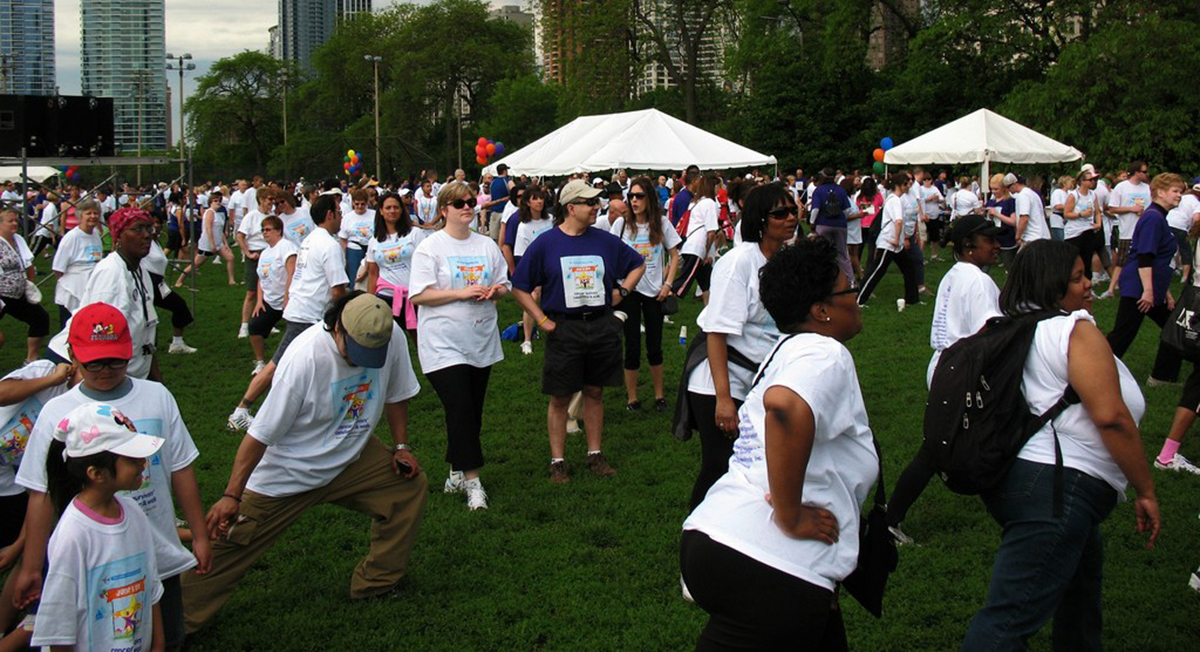Table of Contents
Inactivity also affects the muscles themselves. When cancer treatment requires complete bed rest, muscle strength deteriorates at a rate of 1 to 1.5% per day. That means that after three months of bed rest, or maybe a couple of weeks sooner, the muscles have essentially no strength at all.

Even a week in bed can cause muscles to lose torque, or turning power. And muscle mass is depleted from the hips down. The muscles that make up the core and the muscles that are essential for both sitting and walking are the first to be affected. Fingers and toes have some of the last muscles to deteriorate.
Shorter muscles tug at joints. The joints try to compensate for the tension on them by secreting collagen, which takes even more protein. The muscles around the joint become unbalanced, so that motion is more difficult, and exercise gets harder and harder, so the problem gets worse and worse.
Even breathing becomes difficult as pressure on the abdomen increases with the accumulation of fluid. Reduced movement of the intracostal and diaphragmatic muscles forces breathing to come from the abdomen, which is restricted by the accumulation of fluid. This makes recovery still more difficult.
So How Can Cancer Patients Avoid This Awful Sequence of Events?
Cancer patients need to discuss exercise with their oncologists, but here's an important question to ask: Are you in good enough shape to exercise even a few minutes a day? And what can you do safely?
You don't necessarily have to get heavy exercise, and when cancer has spread to the bone weightlifting may be a bad idea, but your muscles need some stimulation so that they continue to take up glucose, depriving the cancer of its sugar.
Gentle motion helps keep joints flexible. And practicing breathing from the bottom of your diaphragm up--again, after you have made sure you don't have metastases to your ribs that might cause fractures if you did--fills your bloodstream with just a little more oxygen, which also fights the cancer.
My mother continued to take long walks, to do much of her own housework, to cook and to drive and to teach and to participate in community affairs for more than 10 of the last 11 years of her life. Her drive was also part of the reason she lived so long.
See Also: Exercise Training For Cancer Survivors
But maybe for you the answer is something simple. As British oncologist David J. Ken puts it:
"I have been in the habit of saying to patients that if you feel tired, listen to your body. Your body is telling you something, so take a nap. It's not about giving in to the cancer but just listening to your body. I might start to reverse that rather blind advice and talk more seriously about exercise. Take the dog for a walk, making sure you that have 30 minutes of exercise every day. I might even consider rather more thoughtful exercise regimens, such as exercise programs that are tailored to the age category of patients that we are seeing. It's something to think about."
- Christensen JF, Jones LW, Andersen JL, Daugaard G, Rorth M, Hojman P. Muscle dysfunction in cancer patients. Ann Oncol. 2014. 25:947-958.
- Ken DJ. Muscle Power to Cancer Patients. http://www.medscape.com/viewarticle/826032. Accessed 9 June 2014.
- Photo courtesy of Maria Ly by Flickr : www.flickr.com/photos/mariachily/5723747364
- Photo courtesy of afunkydamsel by Flickr : www.flickr.com/photos/afunkydamsel/5811788264
- http://emedicine.medscape.com/article/320261-overview#aw2aab6b2 (Free, but registration may be required.)


Your thoughts on this